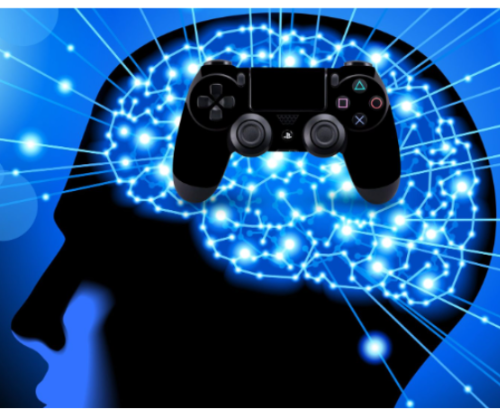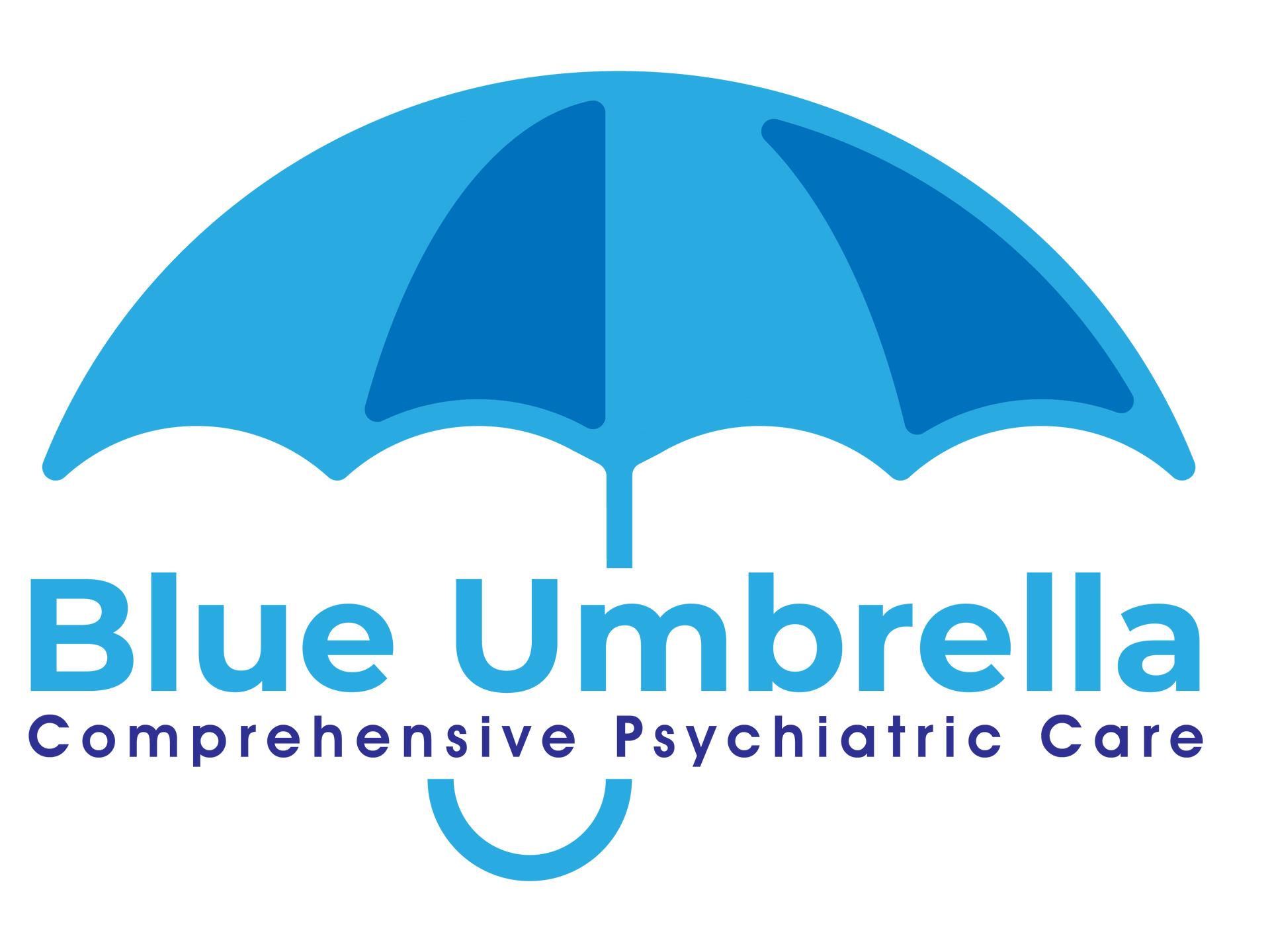The Mental Health Benefits of Video Games: How Gaming Can Boost Well-Being

In recent years, video games have gained recognition not only as a source of entertainment but also as tools for improving mental health. Games like Animal Crossing, Stardew Valley, The Sims, and many others have become popular for their engaging mechanics, immersive worlds, and social features. You may have seen headlines about new research highlighting the positive impact of gaming on mental well-being, and it’s worth exploring how these games can help individuals cope with stress, anxiety, and other mental health challenges.
The Positive Impact of Gaming on Mental Health
- Stress Relief and Relaxation
Many games, especially simulation and open-world titles, offer players a chance to escape from the pressures of daily life. The soothing graphics and calming music in games like Animal Crossing create a serene environment where players can unwind. Research has indicated that playing video games can lower cortisol levels, the hormone associated with stress, providing a much-needed break from real-world worries. - Enhanced Social Connections
Multiplayer games and online communities facilitate social interaction, helping players build friendships and support networks. For instance, games like Fortnite and Among Us encourage teamwork and communication, which can foster a sense of belonging. These social connections can be especially important for individuals experiencing loneliness or social anxiety, as they provide opportunities for interaction in a low-pressure setting. - Cognitive Benefits
Many video games require players to think critically, solve problems, and make quick decisions. Puzzle games like Portal and strategy games like Civilization enhance cognitive abilities and improve mental agility. Engaging in these types of games can sharpen problem-solving skills and enhance focus, contributing to better mental health. - Mindfulness and Presence
Games that emphasize exploration and creativity, such as Stardew Valley or Spiritfarer, encourage players to be present and engaged in the moment. These games often focus on building, crafting, and tending to virtual spaces, promoting mindfulness and reducing anxiety. The act of immersing oneself in a digital world can provide a form of meditation, allowing players to disconnect from their daily stresses. - Emotional Expression and Resilience
Video games often tackle complex themes such as loss, grief, and resilience. For example, Life is Strange addresses mental health topics and emotional struggles, allowing players to explore these issues in a safe environment. Engaging with such narratives can foster empathy and emotional intelligence, helping players better understand their own feelings and the experiences of others. - Routine and Structure
Games that involve daily tasks, such as farming in Stardew Valley or managing a household in The Sims, can provide players with a sense of routine and purpose. Establishing a routine can be particularly beneficial for individuals experiencing depression or anxiety, as it offers structure and helps to create a sense of normalcy. - Therapeutic Applications
Video games are increasingly being recognized for their therapeutic potential. Mental health professionals are exploring the use of games in therapy, especially for children and adolescents. Games designed to teach coping strategies and emotional regulation can be integrated into therapeutic practices, offering a novel approach to mental health care.
Finding the Right Game for You
With such a wide variety of games available, it’s important to find one that resonates with your interests and preferences. Here are a few recommendations to consider:
- Relaxing Simulation Games: Titles like Animal Crossing: New Horizons and Stardew Valley offer calming gameplay focused on creativity and community.
- Narrative-Driven Games: Games such as Life is Strange and Spiritfarer provide rich stories that explore emotional themes, fostering empathy and self-reflection.
- Puzzle and Strategy Games: Engaging games like Portal and Civilization can enhance cognitive skills while providing a satisfying challenge.
- Social Multiplayer Games: Fortnite, Among Us, and Minecraft encourage collaboration and communication, helping players build connections and friendships.
Conclusion
As we continue to understand the role of gaming in our lives, it becomes clear that video games can be a valuable tool for improving mental health. They offer stress relief, social connection, cognitive stimulation, and opportunities for emotional expression. By embracing the positive aspects of gaming, we can harness its power to enhance our mental well-being and create a more supportive community.
So, the next time you see headlines about the benefits of gaming, remember that it’s more than just fun—it can also be a pathway to healing and growth.













